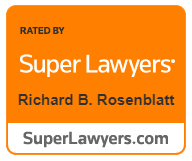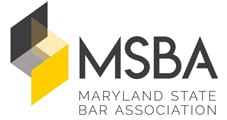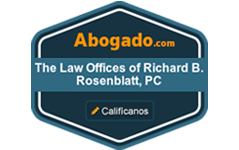Chapter 7 bankruptcy involves liquidation. That is the sale of an individual’s nonexempt property, where the court distributes proceeds among creditors.
Here is more on this type of bankruptcy and how it compares to others.
Alternatives
There are many types of bankruptcy besides chapter 7 liquidation. Businesses wishing to avoid liquidation or stay in business should avoid this. Chapter 11 is a better option in this situation. That type of bankruptcy allows for reorganization and debt reduction or extensions of repayment periods. Additionally, chapter 13 is a popular type of bankruptcy for sole proprietorships.
Overview
Chapter 7 bankruptcy does not involve filing a repayment plan. Instead, it requires gathering and selling a debtor’s nonexempt property and using the proceeds to pay off their debts. Any profits from sold property go to creditors with liens or are distributed according to state standards. Debtors will keep any of their exempt property.
Eligibility
Individuals and businesses can file for Chapter 7 bankruptcy. In short, if the debtor fills out the required forms and can pass the means test, they are eligible for this type of bankruptcy. However, there are a few situations where debtors are not eligible, including if the court dismissed a case in the past six months.
Additionally, debtors must have taken credit counseling in the past six months. Finally, debtors must submit the debt management plans created during this counseling to the court. The only exception to this rule is if it is an emergency or there is no approved credit counseling service accessible to the debtor.
Knowing this information can help someone resolve their debt issues. However, it is essential, to be honest during these proceedings because fraud cases can result in the court revoking discharges.






